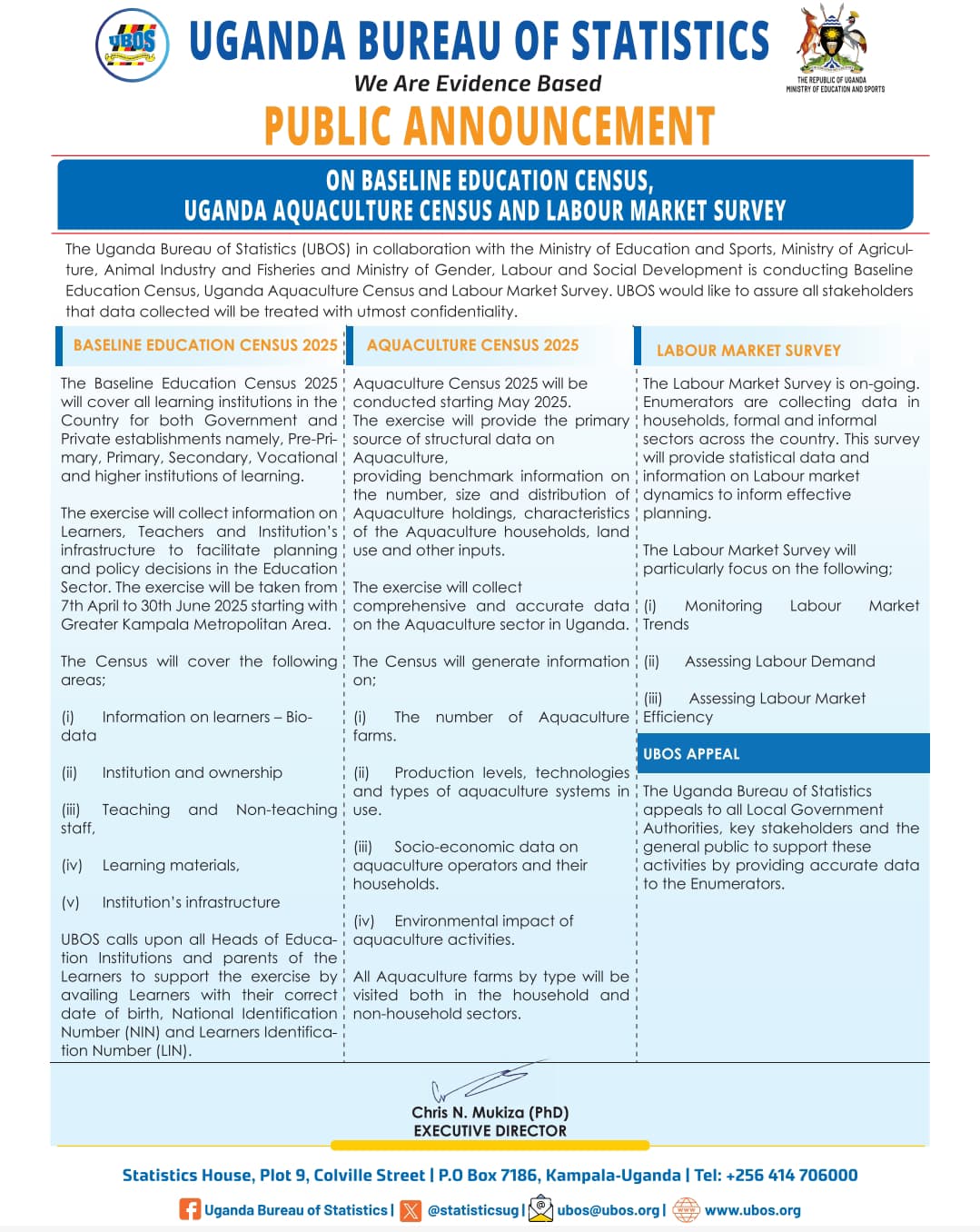
The Ministry of Health in partnership with Palliative Care Association of Uganda, have launched a school compassionate community program that will empower students by imparting the right knowledge, skills, and appropriate attitude required to contribute to advocating, supporting, and caring for patients facing longer-term illnesses and their families.
The piloted program will be initiated at one of the top international yet community-based schools in Wakiso District in central Uganda.
The school community will in turn influence the same in the nearby community under Lweza Community Health Program (LCHP). The Ministry of Health and PCAU will focus on this as a pilot project that could cascade to other parts of the country.
Speaking at a community health outreach in Lweza Community, Mark Mwesiga, Executive Director, PCAU, said this is an opportunity for members of the public to learn more about palliative care and how they can all contribute to improving access to the services.
He said that the program will help teach community members that they can play a role in providing care to those in need.
Palliative care is the active holistic care of individuals across all ages with serious health-related suffering due to severe illness, and especially of those near the end of life. It aims to improve the quality of life of patients, their families, and their caregivers.
Globally, only 14% of people who need palliative care receive it and 98% of children needing palliative care live in low- and middle-income countries with almost half of them living in Africa.
In Uganda, the need for palliative care continues to increase because of the ageing population and the increasing burden of Non-Communicable Diseases (NCDs) and some communicable diseases.
According to the World Health Organization (WHO), 1% of any population would require palliative care.
It is therefore estimated that close to 500,000 need palliative care in Uganda.
Speaking at the outreach, Rose Kiwanuka, founder of Lweza Community Health Program, said many people in need of palliative care can not access it due to a number challenges, like cost, distance among others.
“Health care is costly 40% comes from the pocket at primary level. When u go for specialized treatment the prices go higher, Services are far, this makes access to palliative care difficult,” she said.
Meanwhile, Dr Tumuhakire Emilly from the Palliative Care Division, Ministry of Health, said Uganda has established a good practice of supply chain for oral liquid morphine where the government pays for the medicine and patients in need can access it free of charge, as a means of cutting costs.
Currently, there are over 300 health facilities in at least 107 of the 146 districts and cities stocking oral liquid morphine.
She noted that the Ministry of Health has established a division of palliative a care for the purpose of addressing the various hindrances to the availability and access to the services.







